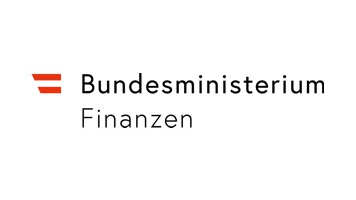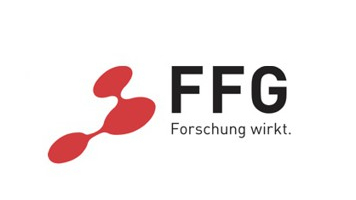Recent advances in generative AI, particularly in Large Language Models (LLMs), offer significant potential for efficiency gains. These technologies enable the analysis of large datasets, support decision-making processes, and automate reporting obligations — including in law enforcement. At the same time, key challenges remain, such as susceptibility to inaccurate or non-transparent results, the protection of sensitive data, and ethical, social, and regulatory concerns, particularly in the context of the EU AI Act.
The LLEA project develops and evaluates LLM-based methods for data analysis in law enforcement. It focuses on three key use cases: (i) transcription and translation, (ii) analysis of large, heterogeneous datasets, and (iii) identification of fraudulent investment platforms. In addition to technical aspects such as accuracy and scalability, the project also considers regulatory requirements, bias, transparency, social costs, and organizational changes to derive well-founded recommendations.
The expected project outcomes are structured into four main areas. First, a comprehensive analysis of regulatory, ethical, and social frameworks will be conducted. Second, LLM-based methods for specific use cases will be developed, optimized, and integrated into a seamless workflow. Third, a systematic validation will be carried out in a proof-of-concept environment based on both technical and non-technical criteria. Finally, practice-oriented training programs for investigators and analysts will be established and integrated into the long-term training curricula of stakeholders.
The stakeholders involved in the LLEA project (BMI, BMF, FMA, ZCB) will benefit from scientifically grounded, tailored solutions to real-world challenges, along with their systematic validation. The participating SMEs (m2n, IKNAIO) will leverage the project outcomes to develop and integrate new products and services for forensic analysis of large-scale data. Overall, the project partners will lay the foundation for further related initiatives at the European and international levels.
Lead
Complexity Science Hub Vienna
MeCernichgasse 8
A-1030 Vienna
Dr. Bernhard Haslhofer
haslhofer(at)csh.ac.at
+43 1 59991 600
Partners
Universität Wien
AIT – Austrian InsDtute of Technology GmbH
Iknaio Cryptoasset AnalyDcs GmbH
m2n – consulDng and development GmbH
Bundesministerium für Inneres
Bundesministerium für Finanzen
Finanzmarktaufsichtsbehörde
hCps://complexity-science-hub.github.io/llea


